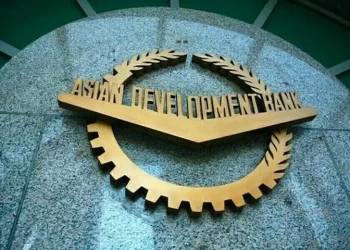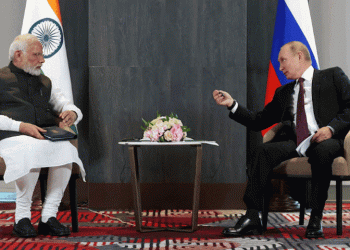The State Bank of Pakistan (SBP) is expected to further ease its monetary policy amid a downward trajectory of the pace of inflation and improved economic indicators, brokerage house Arif Habib Limited (AHL) said on Monday, in which it cited a poll result that suggested 55.7% respondents expect the central bank to “reduce the policy rate”.
“We’re expecting a 100bps cut that could lower the policy rate to 19.5%, a level not seen since March 2023,” AHL said in its report.
The Monetary Policy Committee (MPC) of the central bank is reportedly meeting on Monday, July 29, 2024, to decide about the monetary policy. An official schedule has not yet been issued by the central bank till this report was finalized.
Back in June, the SBP reduced the key policy rate by 150 bps, taking it to 20.5%. This was the first cut in the key policy rate in four years.
Since the last MPC, two significant events have occurred including the announcement of the FY25 Budget and Pakistan’s entry into a new 37-month International Monetary Fund (IMF) Extended-Fund Facility (EFF) programme worth $7 billion, said the brokerage house.
Moreover, key improvements in macroeconomic indicators of late have bolstered expectations of a rate cut.
“First and foremost, a key factor bolstering the expectation of a rate cut is the major decline in Pakistan’s inflation rates,” said AHL.
“Both headline and core inflation have significantly improved,” it said.
The Consumer Price Index (CPI) inflation clocked in at 12.6% on a year-on-year basis in June 2024 as compared to an increase of 11.8% in the previous month.
“Moreover, the current account deficit for FY24 has substantially decreased to $681 million, marking the lowest deficit in 13 years. This represents a significant improvement compared to the $3.3 billion deficit recorded in FY23.
“In addition to the improvement in the current account, the SBP’s reserves have also seen a substantial increase. By the end of FY24, reserves had risen to $9.4 billion, up from $4.4 billion a year earlier. This boost in reserves not only enhances the country’s financial stability but also provides additional flexibility for monetary policy adjustments,” it said.
“Lastly, the IMF’s staff-level agreement emphasises a commitment to supporting disinflation, which aims to protect real incomes, particularly for the most vulnerable segments of the population. This focus aligns with our expectation of continuation of easing policy,” it said.









